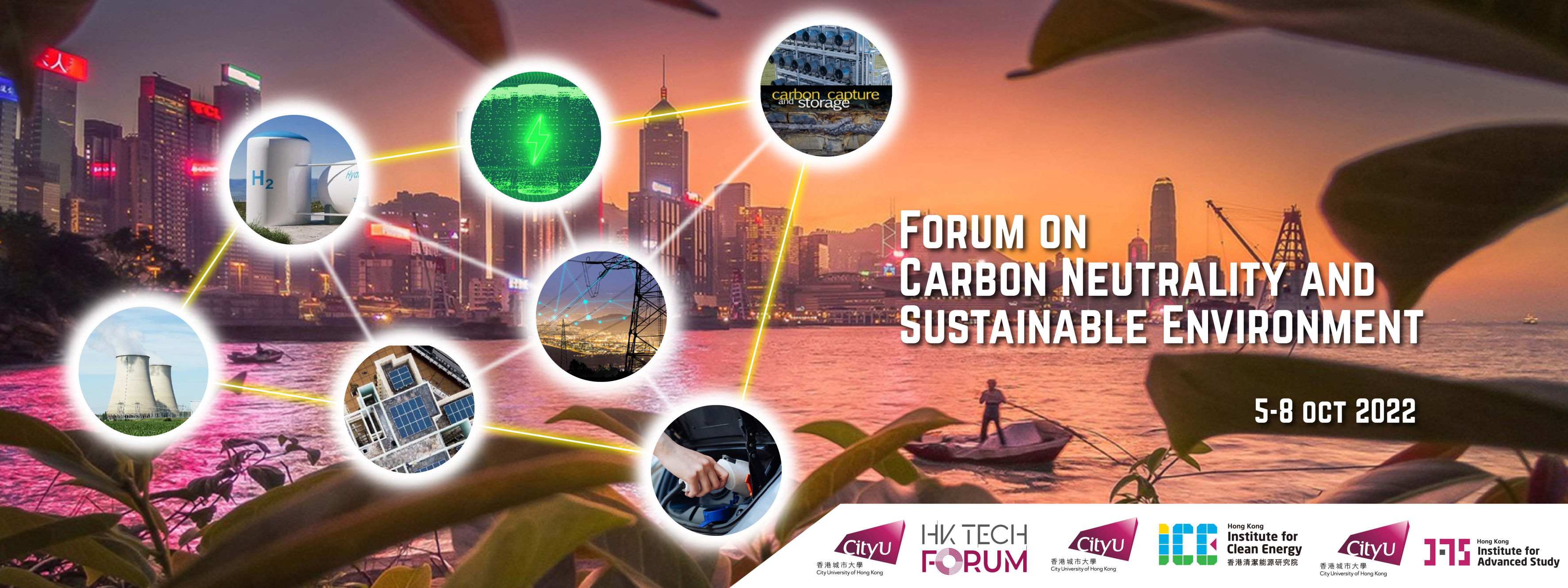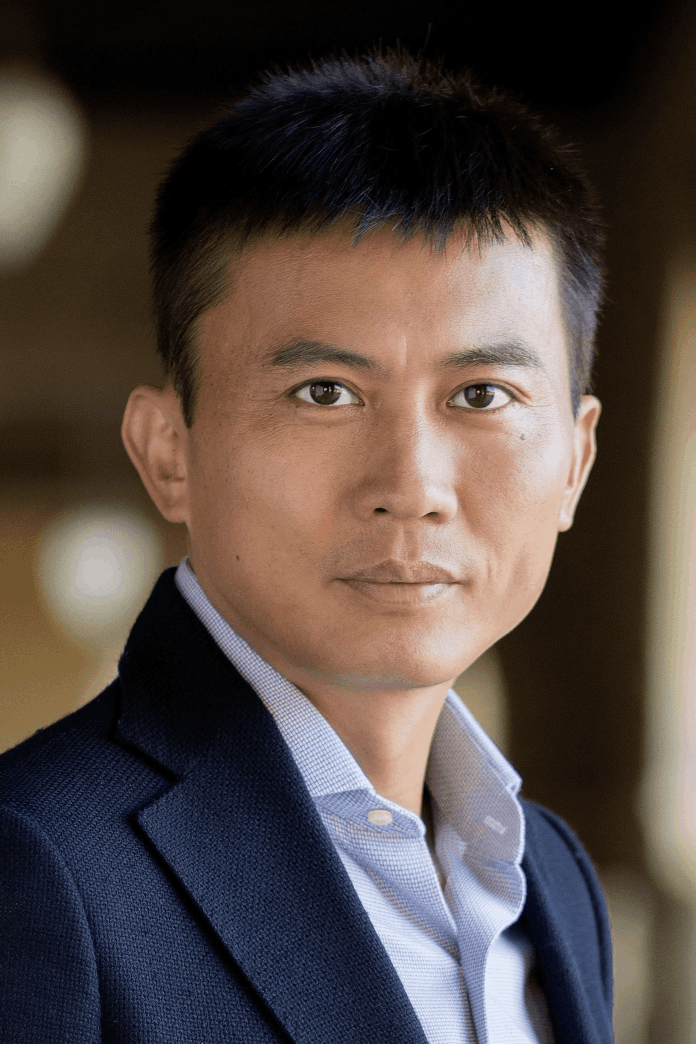Keynote Speaker
Biography
At Stanford University, Yi Cui is the Director of the Precourt Institute for Energy, co-director of the StorageX Initiative, and professor of materials science and engineering, as well as professor of photon science at Stanford’s SLAC National Accelerator Laboratory. He earned his bachelor’s degree in chemistry in 1998 from the University of Science & Technology of China and his PhD in chemistry from Harvard University in 2002. Cui was a Miller Postdoctoral Fellow at the University of California, Berkeley from 2002 to 2005 before joining the Stanford faculty. He has founded four companies to commercialize technologies from his lab: Amprius Inc., 4C Air Inc., EEnotech Inc. and EnerVenue Inc.
A preeminent researcher of nanotechnologies for better batteries and other sustainability technologies, Cui has published more than 500 studies and is one of the world’s most cited scientists. He is an fellow of the American Association for the Advancement of Science, the Materials Research Society, and the Royal Society of Chemistry. He is an executive editor of Nano Letters and co-director of the Battery500 Consortium.
Cui’s honors include the Global Energy Prize (2021), Ernest Orlando Lawrence Award (2021), Materials Research Society Medal (2020) and Blavatnik National Laureate (2017).
Nanotechnology for Global Carbon Neutral Transformation
Yi CUI 1, 2
Keywords: Net-zero, battery, air filtration, water filtration, textile
Abstract: This lecture will introduce what’s the meaning of net-zero carbon transformation for the global economy and how Stanford University organizes its energy ecosystem to help this transformation. Professor Cui will introduce his materials technology innovations for net-zero transformation and sustainability, including: 1) high energy battery technology for electrical transportation; 2) large scale energy storage technology for integrating solar and wind electricity into the grids; 3) air filtration technology for removal of PM2.5 and COVID viruses; 4) Warming and cooling textile technology for energy efficiency; 5) Energy wall paper for building energy saving; 6) Water filtration technology to kill bacteria and viruses and to remove heavy metal; 7) Soil cleaning technology. He will also present his efforts on technology translation into the real world.

